- Home
- About Us
- Services
- Our Clients
- CSR
- SGA Security Kenya Visit to Wings of Hope Rescue Home
- SGA SECURITY CHAMPIONS SUSTAINABILITY THROUGH RECYCLING OF OLD GUARDS’ UNIFORMS INTO SCHOOL BAGS
- SGA SECURITY UGANDA ADVOCATES FIGHTING AGAINST BREAST CANCER
- SGA SECURITY KENYA SPONSORS THE 2023 AFRICA CONCOURS D’ELEGANCE
- SGA Security Sponsors Car No.7 Ahead of The Rhino Charge Competition
- SGA SECURITY PARTNERS WITH AFRICA COLLECT TEXTILES TO RE-USE GUARDS’ UNIFORMS INTO SCHOOL BAGS
- WAFANYAKAZI WA KIKE WA KAMPUNI YA SGA WATOA MSAADA WA VIFAA HOSPITALI YA OCEAN ROAD
- Security firm sponsors The Great African Cycling safari
- Contacts
- Careers
- News

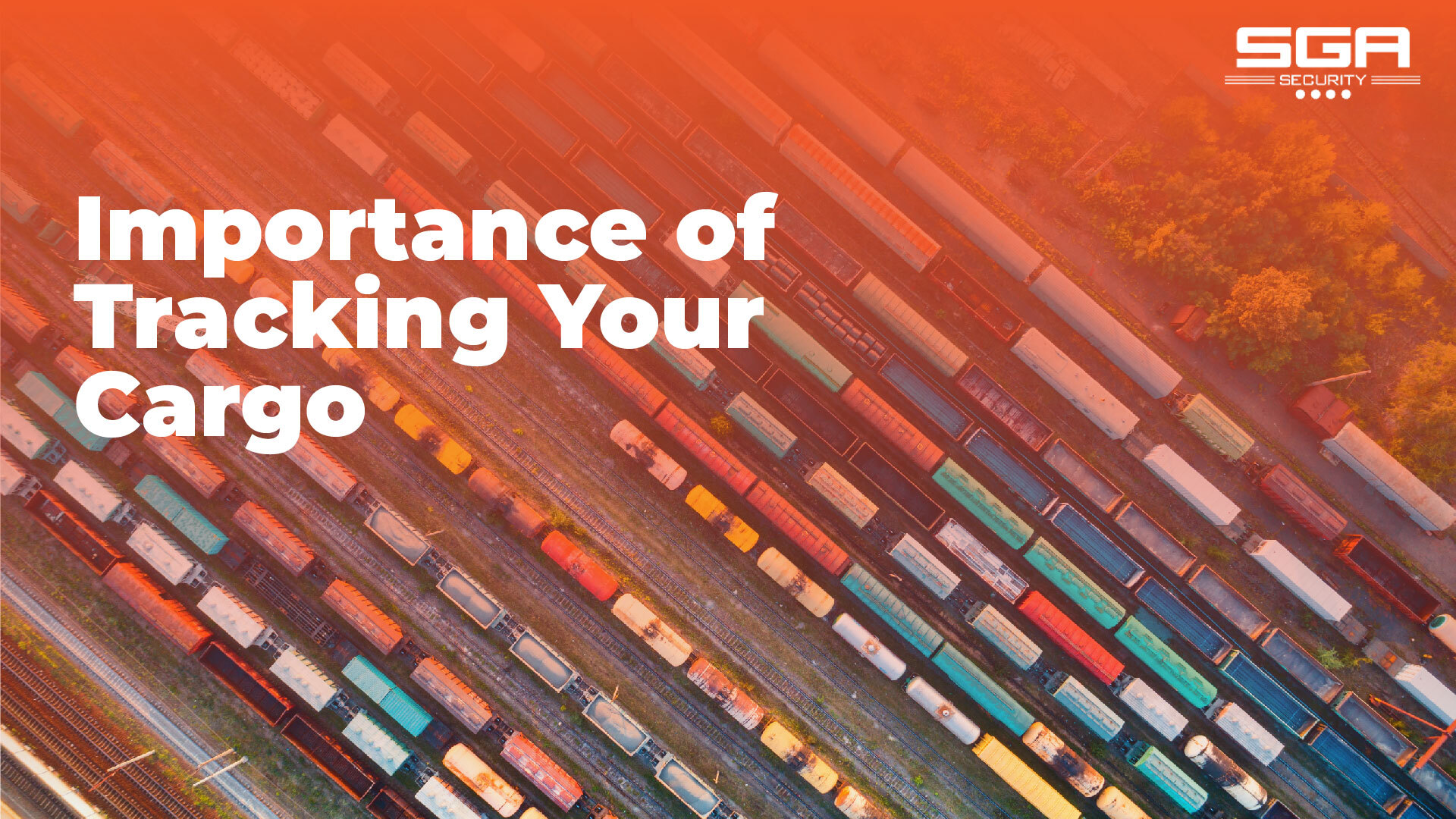
Do you currently know the whereabouts of your cargo? Can you confirm with certainty that the cargo is secure and in good condition?
Perhaps not, right?
While businesses often invest a lot of money in goods and products, many traders overlook the significance of continuously monitoring their cargo from the initial point of loading or warehousing to the final destination.
Cargo tracking ensures that the movement of goods is monitored in real-time from the loading point to its destination.
Cargo tracking technology prevents dumping of goods in transit, theft, and compliance with government regulations.
The main reason why you need to track your cargo is to get real-time visibility and the status of the cargo hence an expedited clearance at loading and off-loading points.
Understanding Cargo Tracking
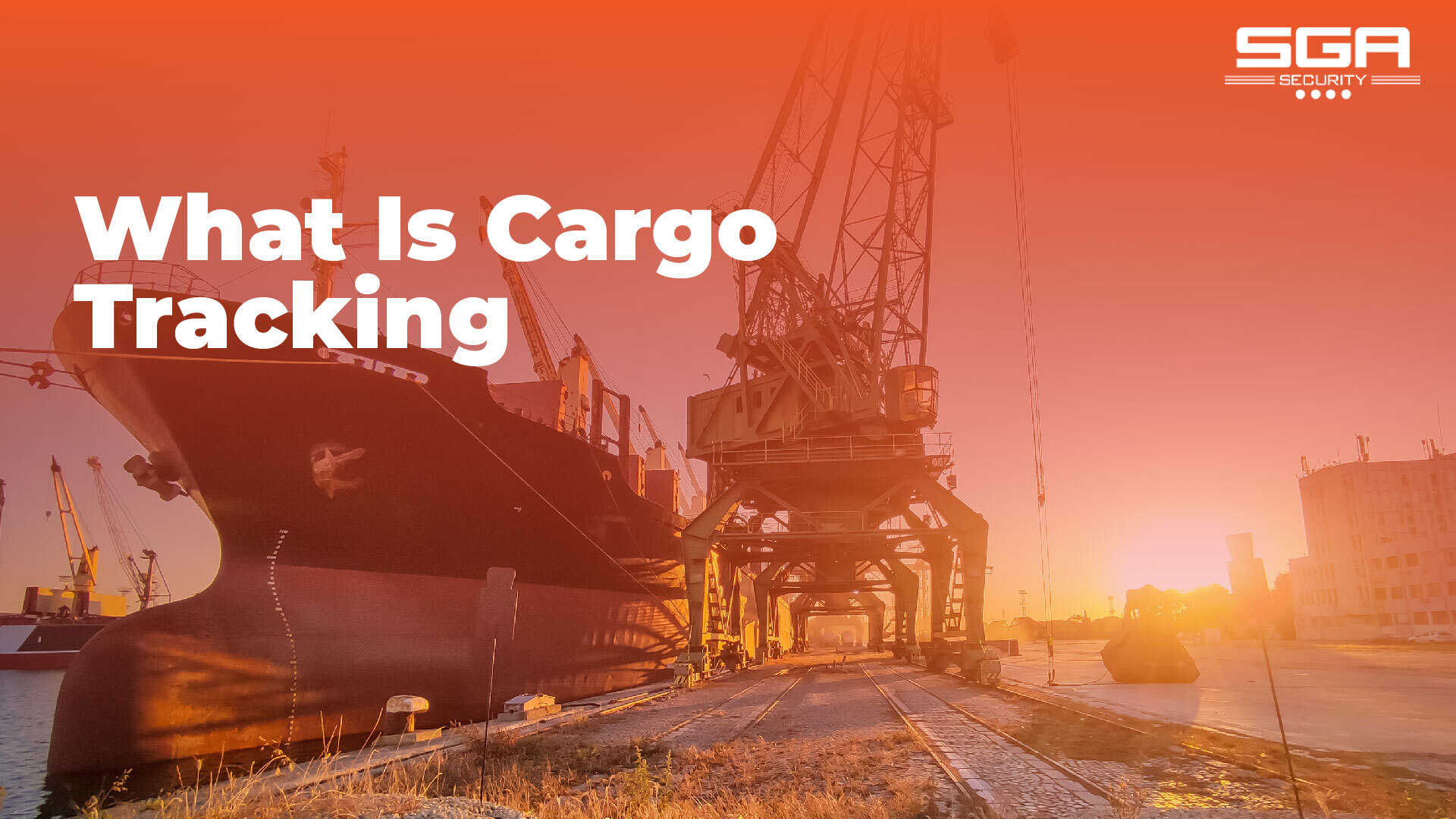
Unlike asset tracking which mainly involves monitoring and management of a company's assets such as vehicles, equipment and machinery, cargo tracking involves monitoring and tracing goods or merchandise from the point of origin to the final destination, often starting from the port or warehouse.
Cargo tracking focuses on tracking the status, location and condition of individual packages.
The primary goal is to ensure efficient, fast and safe delivery of goods and products to their final destination.
Methods of Cargo Tracking
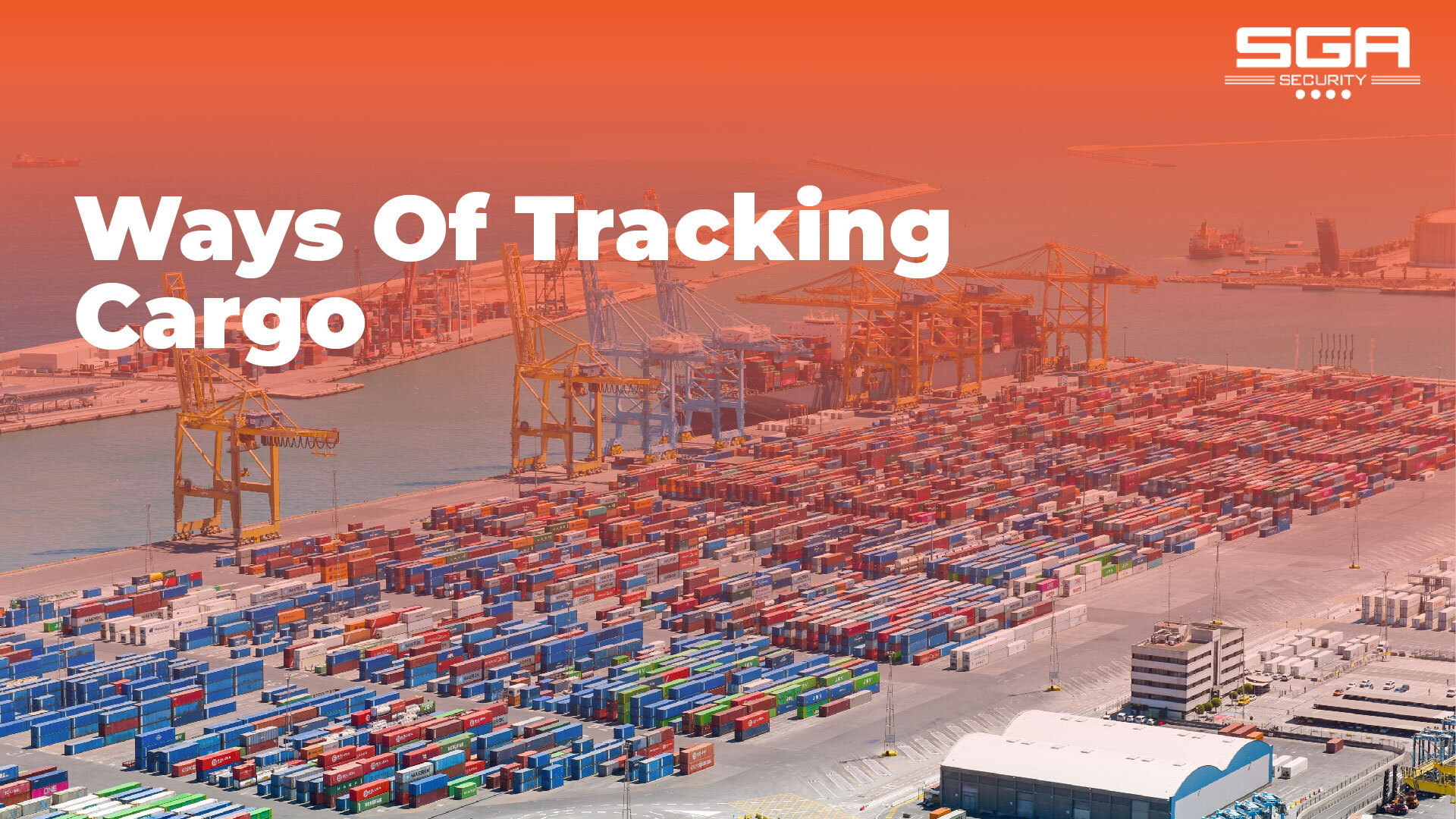
What are some of the used cargo tracking technologies?
Well, different companies employ various methods to track cargo from one point to another. Here are some of the most commonly used tracking tools.
1. Global Positioning System(GPS)
Through a network of satellites, GPS can determine the precise location of goods and products from anywhere in the world in real-time and transmit the same to the central tracking station.
2. Barcode & QR Code Scanning
These are data representations that can be scanned using barcode scanners or smartphone cameras.
The scan is normally done at various entry and exit points to determine the nature, destination and type of cargo in transit.
3. Internet of Things (IoT)
They include various sensors connected to the internet which collect information such as cargo condition, location and other details and then transmit the same to the central tracking system.
4. Geofencing
Geofencing is set up using Global Positioning System (GPS) or Radio Frequency Identification (RFI) technologies.
The system is set such that when the cargo goes outside the predefined geographical locations, an automatic alert is sent to the relevant authorities.
Benefits of Cargo Tracking to Your Business
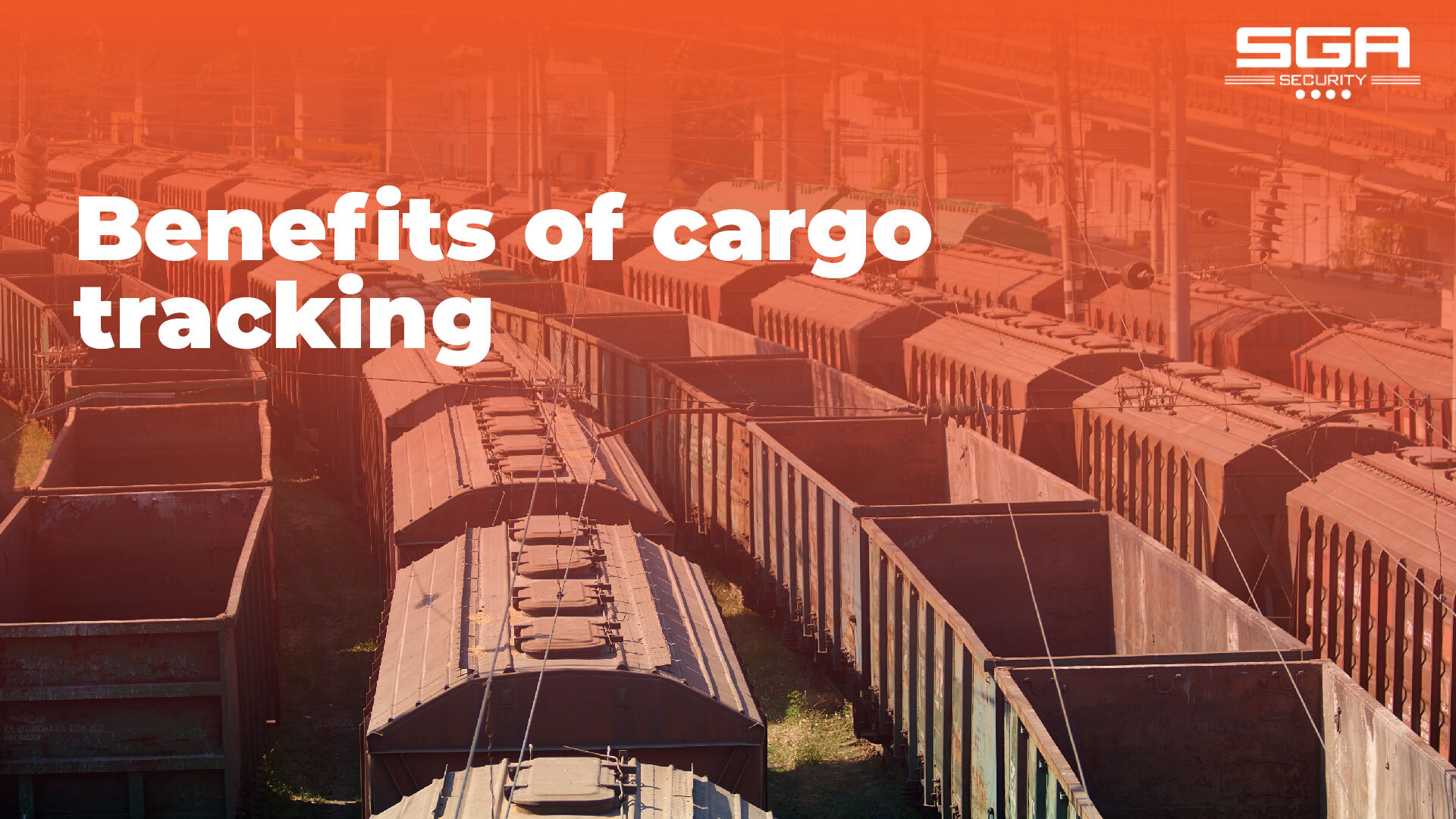
1. Reduced Time Wastage
Cargo tracking can help identify delays or deviations in the planned route.
This technology can help businesses take prior actions such as rerouting the cargo to avoid traffic, adverse weather conditions or dangerous roads, thereby reducing transit time.
2. Cost Reduction
Fewer transit delays result in cost savings.
How’s this so?
Well, with timely deliveries, businesses can avoid losses that arise as a result of overstocking.
Reduced transit times and efficient scheduling contribute to overall operational cost savings.
3. Improved Client Relationship
In a globalized marketplace, customers expect timely deliveries and updates on the status of their shipments for easy planning in case there is a delay.
The use of cargo tracking doesn't just enable businesses to meet these expectations but also boosts overall customer satisfaction.
4. Prevent Losses
Few criminals would likely target cargo that is being tracked and monitored.
In the unfortunate event the cargo is broken into, the monitoring systems can easily thwart theft by swiftly informing law enforcers and security teams in real-time.
5. High Returns on Investment(RoI)
By ensuring timely deliveries, minimizing overstocking, and optimizing transit times, businesses can significantly reduce operational costs, ultimately leading to higher returns on investment.
Conclusion- Cargo Tracking is an Essential Part of Your Business Success
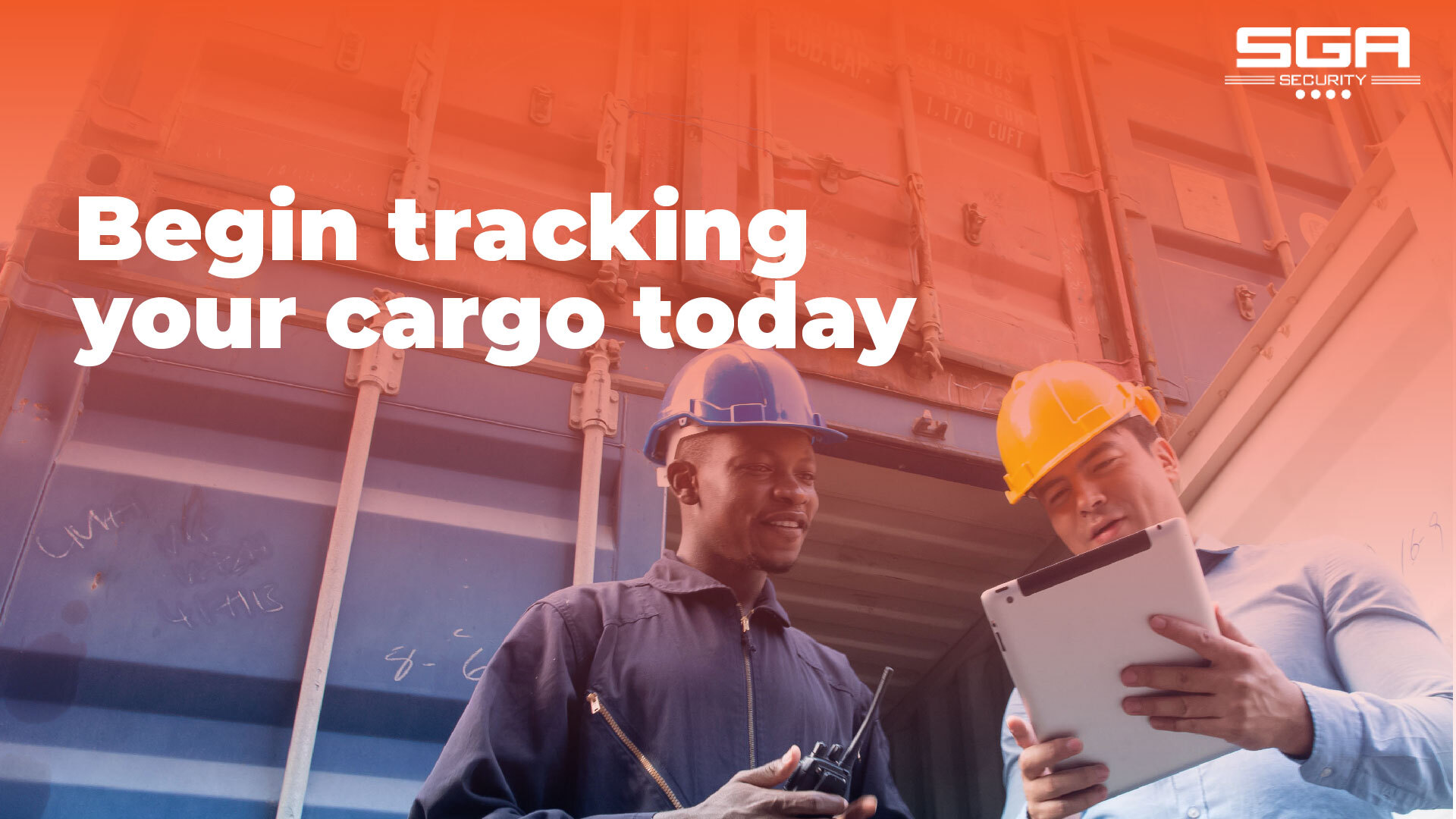
Uganda has witnessed remarkable growth in both local and international trade. As a result, cargo tracking has evolved from being a mere convenience to an absolute necessity for businesses operating in the country.
However, this surge in economic activity has also given rise to an alarming increase in cargo theft. making cargo tracking not just a convenience but a necessity for any businesses operating within the country.
Tracking your goods and products will result in enhanced efficiency, a more secure cargo thereby deterring theft and boosting overall market competition.
Investing in reliable cargo tracking systems and securing the services of reputable cargo tracking providers such as SGA Security is an essential step for businesses looking to thrive in the global marketplace and contribute to the economic development of Uganda.
